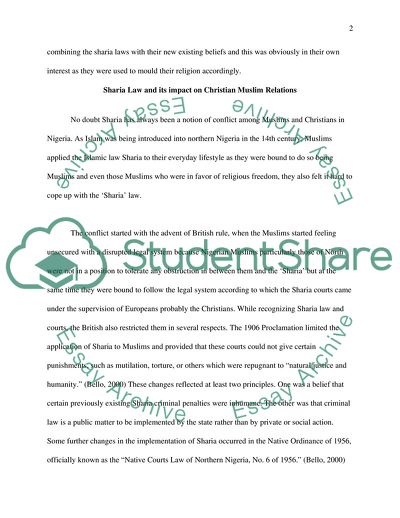Cite this document
(Islamic Sharia Law in Present Day Nigeria Term Paper, n.d.)
Islamic Sharia Law in Present Day Nigeria Term Paper. https://studentshare.org/law/1704052-islamic-sharia-law-in-present-day-nigeria
Islamic Sharia Law in Present Day Nigeria Term Paper. https://studentshare.org/law/1704052-islamic-sharia-law-in-present-day-nigeria
(Islamic Sharia Law in Present Day Nigeria Term Paper)
Islamic Sharia Law in Present Day Nigeria Term Paper. https://studentshare.org/law/1704052-islamic-sharia-law-in-present-day-nigeria.
Islamic Sharia Law in Present Day Nigeria Term Paper. https://studentshare.org/law/1704052-islamic-sharia-law-in-present-day-nigeria.
“Islamic Sharia Law in Present Day Nigeria Term Paper”. https://studentshare.org/law/1704052-islamic-sharia-law-in-present-day-nigeria.


